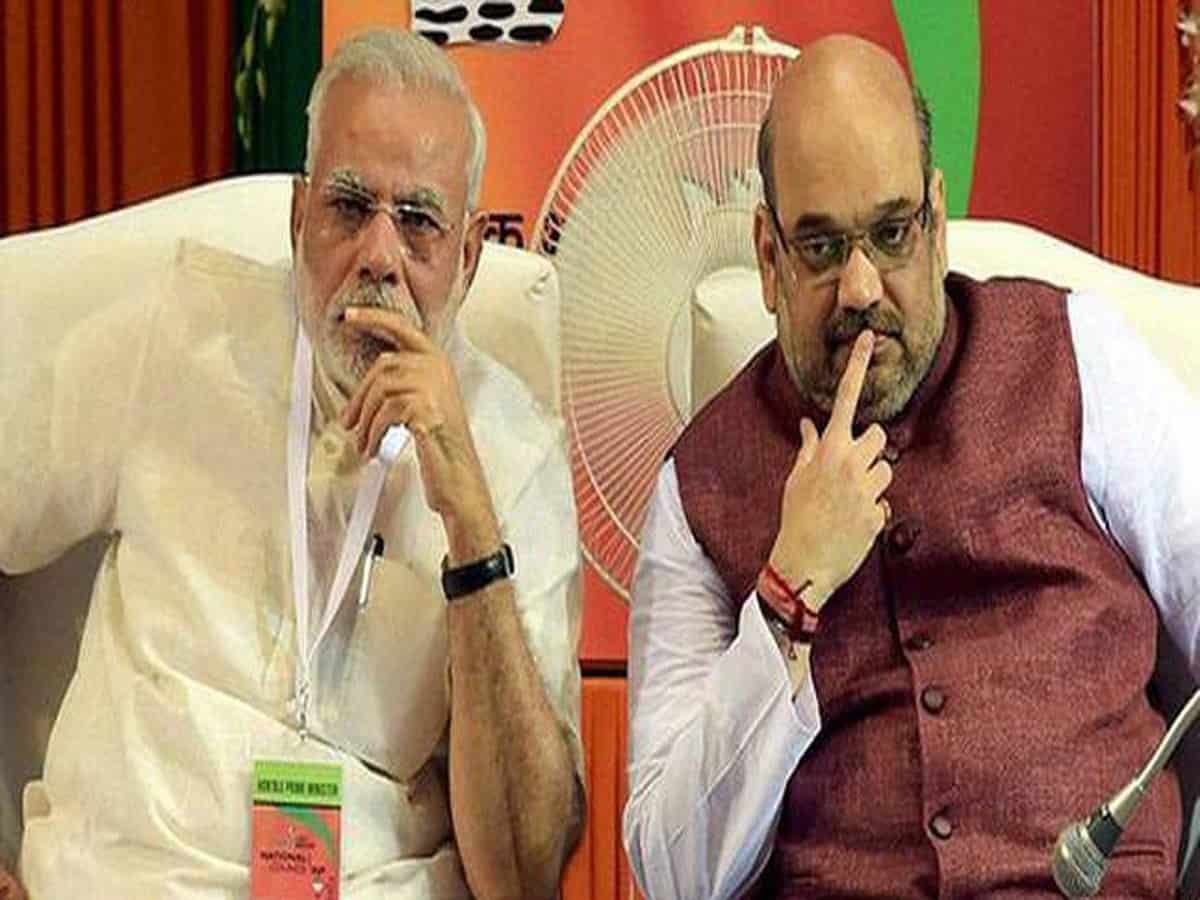Chennai: The Pattali Makkal Katchi (PMK), which supported the amendment to the citizenship law in Rajya Sabha took a U-turn on Tuesday.
The party is now against the newly proposed National Register of Citizens (NRC) in Tamil Nadu, saying it will create unnecessary apprehension and tension among people.
Citing claims that the National Population Register (NPR) was a pilot to the eventual rollout of the National Register of Citizens (NRC), the PMK, an ally of the ruling AIADMK-led alliance in Tamil Nadu in which the BJP is also a constituent, demanded that the Centre dispel misgivings related to the two measures.
In a resolution at its special general council meet, the party said Tamil Nadu does not share land borders with any country and hence, there was no scope for people from other countries to illegally enter the state.
Besides, the government has data of all the Tamil refugees from Sri Lanka and thus “there is no need for implementing the National Register of Citizens (NRC) in Tamil Nadu,” the PMK resolution, copies of which were released to the media, said.
The meet, held at Omandur near Chennai, said apart from such factors if the NRC was prepared “it will create unnecessary apprehension and tension among the Tamil Nadu people.” Therefore, “this meet urges the Central and state governments to not implement the National Register of Citizens (NRC) in Tamil Nadu,” it said.
The party’s lone member in Rajya Sabha, Anbumani Ramadoss, a former union minister, had voted with the government on the Citizenship (Amendment) Bill (CAB) that provided for Indian citizenship to persecuted minorities from Pakistan, Afghanistan, and Bangladesh.
PMK also urged the Centre to grant dual citizenship to Sri Lankan Tamil refugees. It wanted the Union government to go in for a pact with the neighboring island republic to facilitate dual citizenship since Lankans will lose their citizenship if they were to become nationals of another country.
The PMK meet demanded a 27 percent reservation for Other Backward Classes in the All India Quota for medical seats. In government sector colleges, 15 percent of graduate medical courses and 50 percent postgraduate seats fall under the AIQ.
A caste wise census in Tamil Nadu and declaring Cauvery basin districts in the state as a protected farm zone were among the other resolutions that were adopted.

